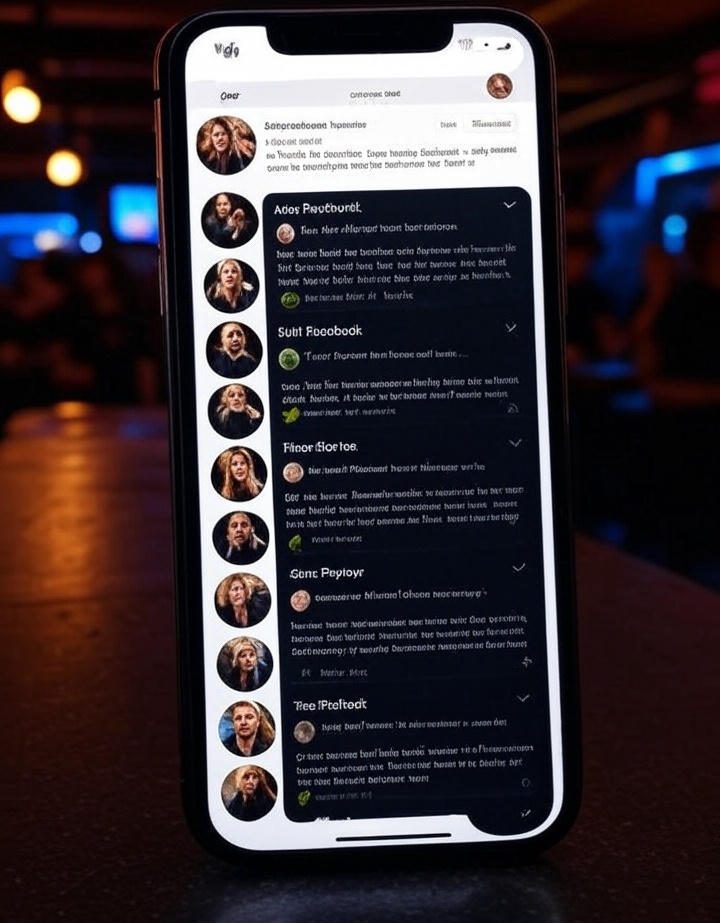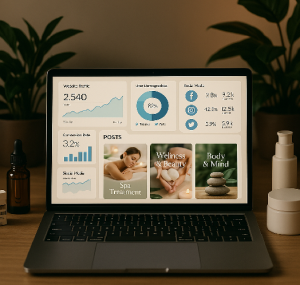 South Korea’s nightlife pulses with energy, often painted in bold strokes by mainstream media as a world of glamour, neon lights, and endless revelry. Yet, this vibrant image doesn’t always align with the experiences shared on user-driven review platforms. The gap between polished headlines and raw, real-world feedback raises questions about how media shapes perceptions of the country’s adult entertainment scene. Why does this disconnect exist? And what does it mean for those navigating the nightlife?
South Korea’s nightlife pulses with energy, often painted in bold strokes by mainstream media as a world of glamour, neon lights, and endless revelry. Yet, this vibrant image doesn’t always align with the experiences shared on user-driven review platforms. The gap between polished headlines and raw, real-world feedback raises questions about how media shapes perceptions of the country’s adult entertainment scene. Why does this disconnect exist? And what does it mean for those navigating the nightlife?
Decoding South Korea’s Nightlife Narrative
Media outlets frequently spotlight Seoul’s upscale clubs, trendy bars, and K-pop-fueled parties, crafting an alluring narrative of sophistication. However, platforms like OPCMD, an information site that looks into adult entertainment or Opi sites in Korea, reveal a more diverse reality. Users on these sites share unfiltered reviews, detailing everything from hidden gems to overhyped venues. These firsthand accounts often contrast sharply with the glossy portrayals in news articles or TV shows, highlighting a broader spectrum of experiences that include less glamorous, sometimes gritty, aspects of the scene.
Mainstream media tends to focus on the high-end, tourist-friendly side of South Korea’s nightlife. Think Gangnam’s sleek lounges or Itaewon’s cosmopolitan bars. These stories appeal to a global audience, showcasing a modern, affluent Korea. But this selective lens can obscure the full picture. For instance, smaller establishments or less publicized venues often get overlooked. User reviews fill this gap, offering insights into local haunts, pricing, and service quality that rarely make it into mainstream coverage. Consequently, the media’s curated image can feel like a half-truth to those who rely on real-world feedback.
The Role of Media in Shaping Perceptions
News outlets and entertainment shows don’t just report, they shape narratives. By emphasizing luxury and excluding less polished venues, they create a skewed perception of what South Korea’s nightlife entails. This isn’t accidental. Media often caters to advertisers or tourism boards, which prefer to highlight a polished image. As a result, the public gets a filtered view, one that prioritizes aspiration over authenticity. Meanwhile, review platforms thrive on transparency, letting users share raw opinions, whether glowing or critical. This contrast can be jarring for someone expecting a flawless night out based on a glossy magazine feature.
What’s the impact of this divide? For locals and tourists alike, media portrayals can set unrealistic expectations. A club hyped as “world-class” might disappoint if its service or atmosphere doesn’t match the hype. User reviews, on the other hand, provide a reality check. They detail wait times, cover charges, or even safety concerns, details rarely found in mainstream stories. By offering a more grounded perspective, platforms like OPCMD empower users to make informed choices, bypassing the media’s rose-tinted lens.
The Power of User Reviews
 User-driven platforms have become a counterbalance to traditional media. They democratize information, letting everyday people share their experiences without editorial gatekeeping. This shift has reshaped how people approach South Korea’s nightlife. Instead of relying on a news article’s glowing review, users can cross-check with real-time feedback from others who’ve been there. This transparency fosters trust, but it also highlights the limitations of media portrayals that prioritize image over substance.
User-driven platforms have become a counterbalance to traditional media. They democratize information, letting everyday people share their experiences without editorial gatekeeping. This shift has reshaped how people approach South Korea’s nightlife. Instead of relying on a news article’s glowing review, users can cross-check with real-time feedback from others who’ve been there. This transparency fosters trust, but it also highlights the limitations of media portrayals that prioritize image over substance.
Interestingly, the rise of review platforms hasn’t gone unnoticed by businesses. Venues once shielded by media hype now face scrutiny from user feedback. A club might look stunning on a TV segment, but if reviews mention overpriced drinks or unfriendly staff, its reputation takes a hit. This dynamic forces establishments to prioritize customer satisfaction over mere aesthetics, creating a more accountable nightlife ecosystem.
READ ALSO: The Media’s Role in Shaping Online Reputations: A Deep Dive into Modern Strategies
Bridging the Gap
Can media and user reviews ever align? It’s unlikely. Media thrives on storytelling, often at the expense of nuance, while review platforms prioritize raw honesty. Yet, both serve a purpose. Media inspires, drawing people into the allure of South Korea’s nightlife, while platforms like OPCMD ground those expectations in reality. Together, they create a fuller picture, one that’s neither wholly glamorous nor brutally critical, but a blend of aspiration and authenticity.
South Korea’s nightlife is as diverse as its people, from high-end clubs to cozy local spots. Media may highlight the flashiest venues, but user reviews reveal the heartbeat of the scene. By exploring both, you get a clearer view of what awaits behind the neon lights. Next time you’re planning a night out, check the headlines—but don’t skip the reviews. They might save your evening.

